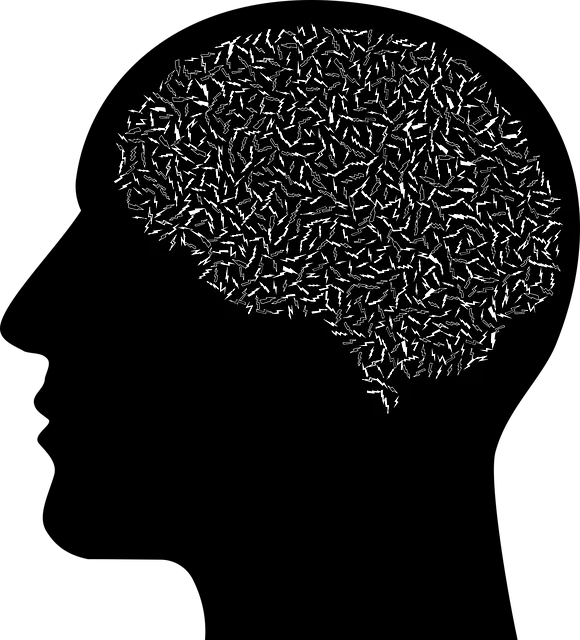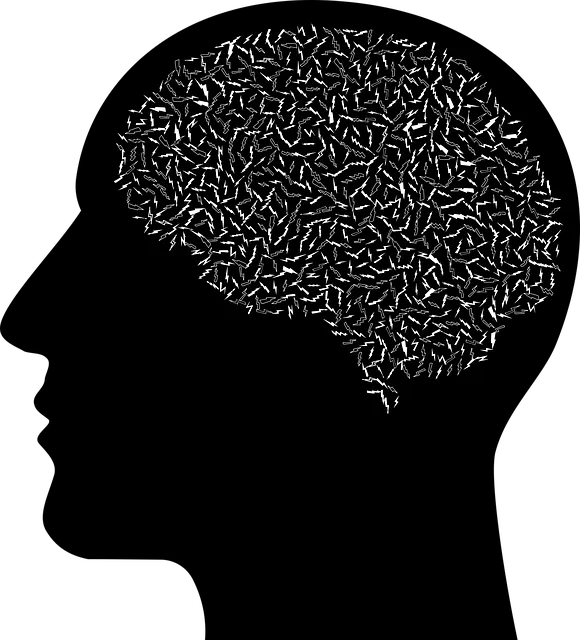Aurora's Kaiser mental health professionals prioritize patient safety through comprehensive risk management planning, including demographic and clinical assessment, emotional intelligence training, and cultural competency education. They combat burnout with self-care practices and open communication. A well-structured risk mitigation plan, encompassing education, crisis management training, clear protocols, and open channels, ensures a safe, supportive environment for both patients and therapists, addressing the key question: does Kaiser in Aurora have good therapists?
In the complex landscape of mental health care, risk management is not just an option—it’s imperative. This comprehensive guide explores effective strategies for professionals, addressing critical aspects like identifying risks and developing robust mitigation plans. We delve into the proven Kaiser Model for therapist training and support, a beacon of best practices that enhances patient safety. Discover how Aurora can elevate its therapeutic services by adopting these methods, ensuring good therapists deliver exceptional care in a secure environment.
- Understanding Risk Management in Mental Health Care
- Identifying Potential Risks and Hazards
- Developing a Comprehensive Risk Mitigation Plan
- Training and Support for Therapists: The Kaiser Model
Understanding Risk Management in Mental Health Care

In the mental health care sector, risk management planning is an integral part of ensuring patient safety and well-being. It involves a comprehensive understanding of potential risks and hazards that therapists and healthcare providers may encounter while offering their services. Risk management is not just about mitigating negative outcomes but also enhancing the overall quality of care. For organizations like Aurora does Kaiser, having good therapists starts with robust risk management strategies.
Effective risk assessment and planning require mental health professionals to consider various factors, including patient demographics, clinical presentations, and environmental risks. This process involves identifying potential triggers, understanding past incidents, and evaluating the impact of certain behaviors or situations. By fostering emotional intelligence and social skills training among therapists, healthcare provider cultural competency training can significantly contribute to better risk assessment capabilities, ultimately ensuring a safer environment for both patients and practitioners.
Identifying Potential Risks and Hazards

Mental health professionals, like those at Kaiser in Aurora, often face unique challenges that can lead to potential risks and hazards if not properly addressed. Identifying these risks is a crucial first step in effective risk management planning. Common issues include heavy caseloads, high-stress client cases, and long working hours, all of which can contribute to burnout, a significant concern within the field.
To mitigate these risks, professionals should engage in regular self-awareness exercises to monitor their well-being and set boundaries. Additionally, fostering robust communication strategies among colleagues and supervisors can help identify issues early on. Encouraging open dialogue about workload management, emotional support, and healthy coping mechanisms ensures a supportive environment, ultimately benefiting both therapists and the clients they serve.
Developing a Comprehensive Risk Mitigation Plan

In the competitive healthcare landscape, particularly within mental health services, professionals like those at Aurora Kaiser must prioritize comprehensive risk management planning to ensure patient safety and optimal care. A well-designed risk mitigation plan serves as a robust framework, addressing potential hazards and vulnerabilities specific to therapy settings. This proactive approach not only safeguards patients but also fosters an environment conducive to effective treatment, particularly in areas like anxiety relief and social skills training.
The plan should encompass various strategic components, tailored to the unique needs of both therapists and clients. For instance, integrating mental health education programs designed to enhance clinical expertise can mitigate risks associated with misdiagnosis or inadequate treatment strategies. Regular staff training sessions focused on identifying and managing crisis situations, coupled with clear protocols for referral and support services, further strengthen risk management. Additionally, promoting open communication channels among team members enables early intervention and swift resolution of emerging issues, ensuring a safe and supportive therapeutic environment.
Training and Support for Therapists: The Kaiser Model

The Kaiser Model offers a comprehensive approach to training and supporting therapists, ensuring that mental health professionals in Aurora have access to top-quality care. This model emphasizes the development of inner strength as a foundational aspect of risk management planning for mental health professionals. By fostering resilience among therapists, it aims to prevent and mitigate burnout, which is crucial for maintaining effective patient care.
The program incorporates various strategies such as supervision, peer support networks, and continuous professional development to equip therapists with the tools needed to navigate challenging situations. This holistic training enables them to better manage their own mental health while providing exceptional services to their clients, addressing not just depression prevention but also other common psychological issues.
Mental health professionals play a crucial role in helping individuals navigate complex emotional landscapes, making risk management planning essential. By identifying potential risks and hazards, therapists can develop robust mitigation strategies, ensuring safe and effective care. The Kaiser Model offers a valuable framework for training and supporting therapists, enhancing their ability to manage challenges. Implementing these practices not only benefits clients but also ensures that professionals like Aurora’s Kaiser therapists are well-equipped to handle diverse mental health scenarios effectively.

